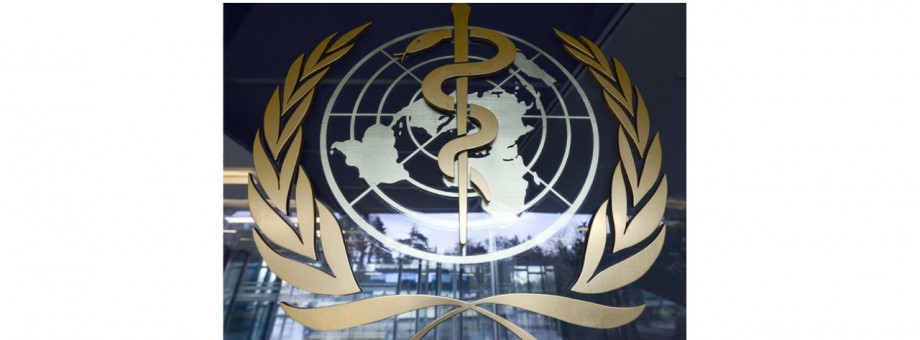WHO: EQUITABLE ACCESS TO VACCINES WILL HELP END THE PANDEMIC

At a summit in Cornwall, United Kingdom, the leaders of the Group of Seven (G7) countries negotiated a landmark agreement on international dose allocation of COVID-19 vaccines to ensure equitable access to vaccines and help end the acute phase of the pandemic, according to a press release from the World Health Organization. ... The G7 has pledged to directly provide recipients with an additional 870 million doses of COVID 19 vaccines, of which at least half are slated for delivery by the end of 2021.
“This is an historic moment when leaders from some of the richest countries are joining forces to ensure access to life-saving vaccines for all countries in the world,” said Dr Richard Hatchett, CEO of the Coalition for Epidemic Preparedness Innovation (CEPI). - As the current pandemic has shown, we cannot oppose the interests of countries and international interests. A disease like COVID-19 must be stopped everywhere. We still have a lot to do to ensure that people can get vaccinated, and our research and development has consistently anticipated every next step of the virus. But today we can take a breath and mark a turning point in political rapprochement and cooperation."
The ambitious commitments made by the G7 member states were also welcomed by UNICEF, one of the main partners of COVAX, the vaccine component of the Accelerating Access to Funds to Fight COVID-19 Initiative (ACT). UNICEF, building on its experience in the world's largest vaccine procurement, is working with manufacturers and partners to procure and transport, route and store COVID-19 vaccine doses. Together with WHO, UNICEF is working with governments to ensure countries are ready to receive vaccines by preparing the necessary equipment to maintain the cold chain and training health workers on vaccination techniques. UNICEF also plays a leading role in building confidence in vaccines around the world by spreading messages to promote positive attitudes towards vaccination and countering misinformation.
The United Nations Children's Fund, on behalf of approximately 100 countries, purchases more than 2 billion doses of vaccines annually for routine immunization and outbreak control. Over the past 12 years, UNICEF has also been successfully cooperating with the Government of Turkmenistan in the field of immunization. Speaking at the event on the occasion of the International Children's Day at the Scientific and Clinical Center for Maternal and Child Health in our country, the head of the UNICEF country office, Ms. Christine Weigand, emphasized that the procurement of vaccines and universal immunization coverage in Turkmenistan, fully funded from domestic sources, are one of the examples of the continuous efforts of the Government of the country to ensure the health of the population, especially children.
In an interview with the chairman of the MTRK "Mir" R. Batyrshin, the President of Turkmenistan noted that in our country, the population is being currently vaccinated against 14 infections. Along with this, the results of many years of research by Turkmen scientists in the field of prevention are applied of dangerous infectious diseases, advanced methods of their treatment have been created, traditional folk remedies, medicinal herbs and plants are used, which largely contributes to the strengthening of the protective functions of the human body against dangerous diseases.
From the first days of the emergence of the COVID-19 threat in Turkmenistan, a unified national strategy was developed in the fight against the coronavirus, which provides for a set of organizational, legal, financial, economic, sanitary-epidemiological, medical, and quarantine measures. The most important component of this strategy is the mass vaccination of the population against coronavirus infection, which is carried out in the country using drugs of Russian and Chinese origin
Ogulgozel Rejepova
WHO: Equitable access to vaccines will help end the pandemic (turkmenistan.gov.tm)


 NEWS
NEWS